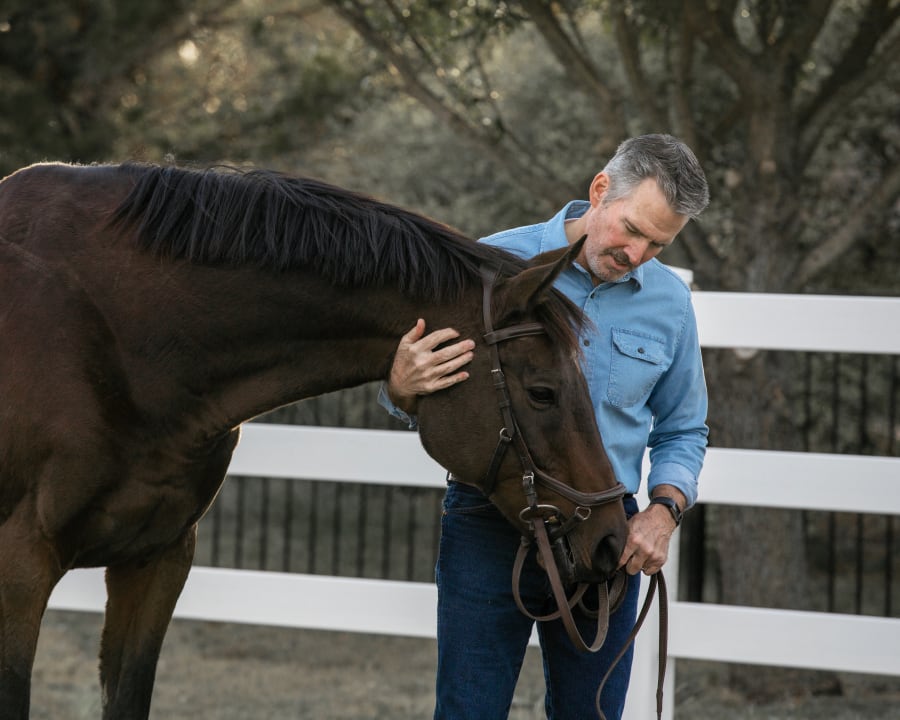Chiropractic Care for Horses
Chiropractic treatment is a manual therapy concerned with the diagnosis, treatment, and prevention of disorders of the musculoskeletal system and nervous system.
The goal of chiropractic care is to ensure smooth, coordinated movement of all spinal segments to enhance spinal joint neuromuscular function. Adjustments can help to relieve pain throughout the body and allow it to heal itself naturally.
At Sturgis Veterinary Hospital & Equine Center, our vets want to ensure your horses are feeling their best so they can live long, healthy lives.

What to Expect with Equine Chiropractic Treatment
Chiropractic care is most commonly administered as an additional treatment option for animals experiencing spinal problems or biomechanical-related musculoskeletal disorders. Most adjustments in horses take 15-30 minutes.
During the exam, the vet will carefully palpate your horse’s joints and check their range of motion, which is commonly referred to as 'motion palpation.'
When a restricted joint is identified, it is corrected through an adjustment. The adjustments usually look like quick little pushes on the animal. Most horses are relaxed during their appointment.
After the adjustment, the joint is palpated again to be certain that it is moving more freely.
Sedation is not required and is not recommended since it will interfere with the ability of the nervous system to respond to the treatment.
Signs Your Horse May Benefit from Treatment
Spinal issues and musculoskeletal disorders can cause your horse's health to quickly deteriorate because they overcompensate in other areas of their body when they are in pain.
Here are some indicators that your horse could benefit from an evaluation:
- Poor performance or discomfort when saddled
- Lameness, stiffness, back, neck, or tail pain
- Abnormal Posture/ Changes in posture or topline
- Difficulty bending to one side or a 'hollow topline'
- Reluctance to pick up or maintain a lead
- Difficulty engaging the hind end or traveling long & low
- Head tilt, difficulty chewing
- Uneven muscle development or atrophy
- Difficulty flexing at the poll, pulling on one rein, getting up & down
- Changes in behavior or attitude

